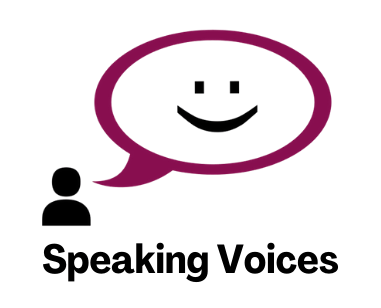Engineers are known for their technical expertise, but it is strong communication skills that turn great ideas into real-world solutions. Whether you are collaborating with colleagues, presenting to clients, or leading a project team, your ability to explain complex concepts clearly and connect with others is essential. Communication skills for engineers are about bridging the gap between technical detail and practical impact, making sure your message lands with both experts and non-specialists.
Engineers often need to share their ideas with clarity, which is why it helps to focus on how to articulate yourself clearly in any professional setting.
The Engineer’s Role: More Than Just Numbers
Engineering is about solving problems, but rarely do you work in isolation. You need to:
- Share technical information with non-technical stakeholders
- Collaborate effectively in multidisciplinary teams
- Present project updates and recommendations to management
- Write reports and proposals that are both detailed and accessible
According to the Institution of Engineering and Technology, communication is one of the top skills employers look for in engineers, right alongside technical know-how.
Why Communication Matters For Engineers
Strong communicators:
- Ensure projects stay on track by reducing misunderstandings
- Build trust with clients and colleagues
- Make technical presentations engaging and persuasive
- Help teams innovate by sharing knowledge openly
A Harvard Business Review article highlights that engineers who communicate well are more likely to move into leadership roles and drive successful outcomes.
Challenges Engineers Face With Communication
- Translating Jargon: Making complex technical terms understandable for non-specialists.
- Presenting To Diverse Audiences: Adjusting your message for clients, managers, or regulatory bodies.
- Giving And Receiving Feedback: Navigating team discussions and design reviews constructively.
- Balancing Detail And Clarity: Knowing when to dive deep and when to keep it high-level.
Strategies For Better Engineering Communication
- Start With The Why: Frame your message around the problem you are solving and why it matters.
- Use Visuals: Diagrams, charts, and models can make complex ideas much clearer.
- Practise Clear Articulation: Focusing on mumbling or rushing through explanations.
- Invite Questions: Encourage your audience to ask for clarification, this shows you value their understanding.
- Summarise Key Points: End meetings or presentations with a quick recap and clear next steps.
Engineers who communicate well become invaluable team members, able to build consensus and drive projects forward.
Real-Life Example: Making Complexity Simple
Imagine an engineer presenting a new design to a client who is not familiar with technical language. Instead of overwhelming them with data, the engineer uses a simple analogy, clear visuals, and checks in regularly to make sure the client is following. As a result, the client feels informed and confident in the decision, leading to a smoother project and a stronger professional relationship.
Quick Tips For Everyday Engineering Communication
- Prepare for meetings by outlining your main points in advance
- Use plain language whenever possible
- Listen actively during team discussions
- Provide feedback constructively and welcome input from others
- Follow up with written summaries to reinforce agreements
For more on engineering communication, EngineeringUK offers practical advice for professionals at every stage.
The Speaking Voices Approach
At Speaking Voices, we recognise that engineers need to communicate across technical and non-technical audiences. We can create a bespoke course just for engineers, blending voice training, presentation skills, and real-world engineering scenarios. Our coaching helps you align your body (feeling), mind (thought), and voice (words), so you can explain, persuade, and collaborate with confidence.
Ready To Build Your Communication Skills?
If you are ready to become a more effective communicator and make a bigger impact as an engineer, book a call with me to discuss your personalised engineering communication course. Let’s help you turn technical know-how into real-world influence.

